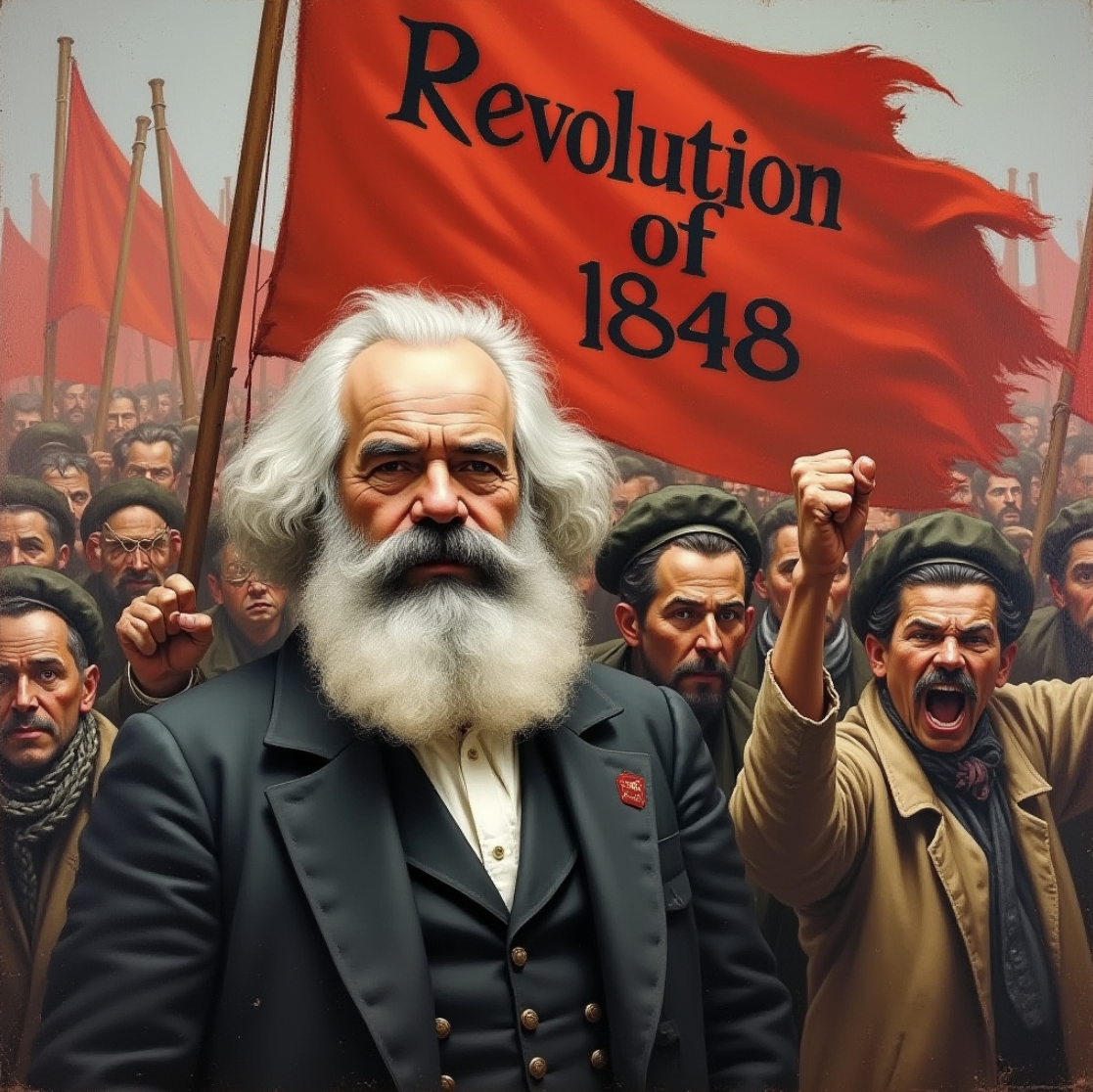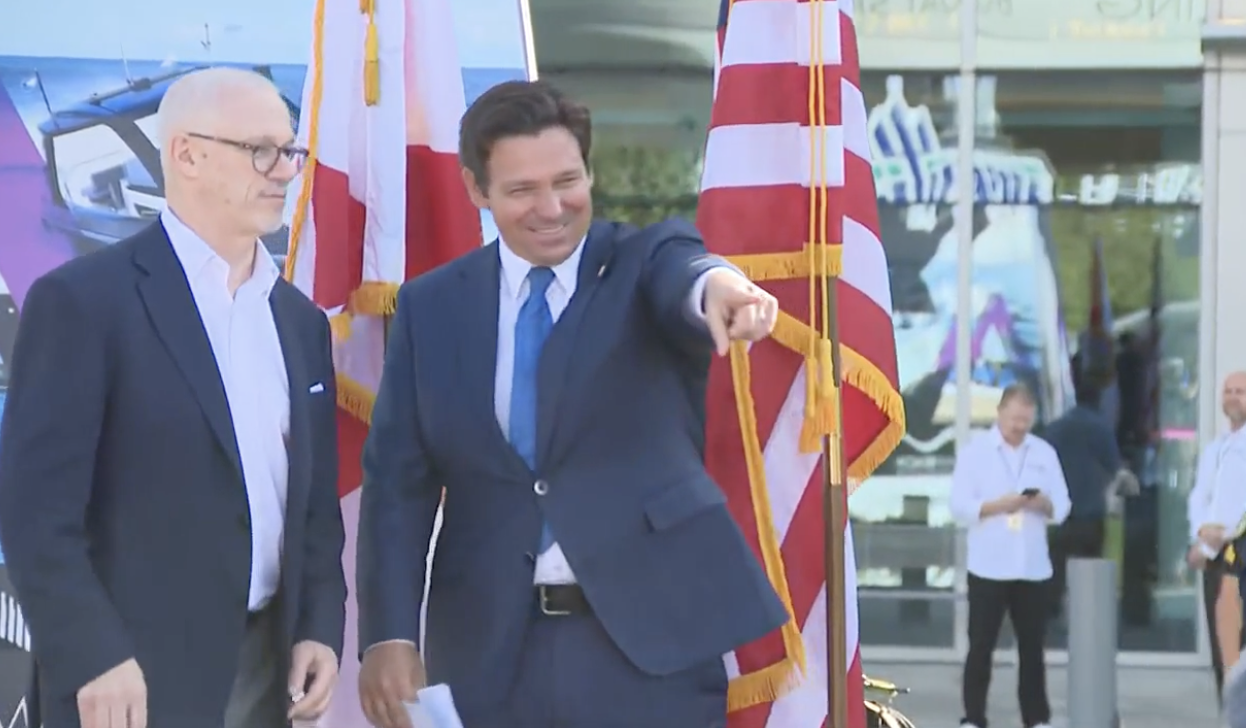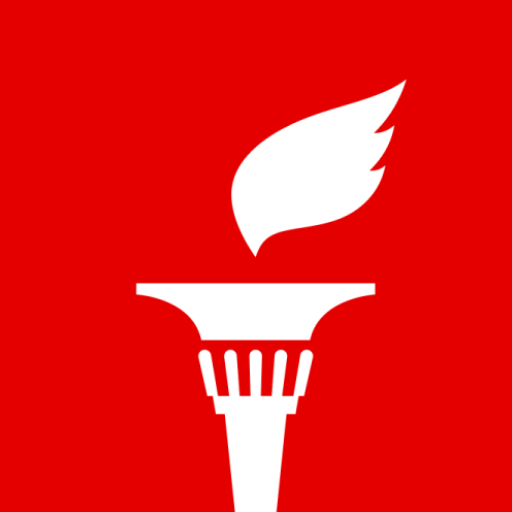Please Follow us on Gab, Minds, Telegram, Rumble, Gab TV, Truth Social, Gettr, Twitter
Doral, Florida - - Sunday, March 10, 2023
Progressives in America bemoan that our Electoral College prevents full-scale, national and majoritarian democracy in the election of our President. Thus it may be interesting to compare the situation in another republic in the Americas, Argentina, which is holding a Presidential election this year without using an Electoral College. Almost 50% of all voters reside in the City and Province of Buenos Aires, with another 10% in the interior cities of Cordoba, Rosario and Mendoza. Accordingly, although national parties may run national and provincial candidates throughout the entire country, and Presidential candidates may run with them, Presidential candidates devote the overwhelming amount of their time and attention to those most populated jurisdictions.
The total number of voters will likely be around 26 or 27 million, representing a participation rate of around 70%. These votes will be cast over the course of three elections: (1) A national primary for all candidates in August. (2) A general election, for all candidates who exceeded a minimum threshold in the primary, held in October. (3) Then if no candidate wins a majority (or at least 40% with a 10 percentage point advantage over the second-place candidate), a final runoff for the top two vote-getters in November.
Because the race is national, without regional elections involved, the candidates tend to line up to run along various national lanes, defined by ideology and kleptocratic aptitude. Defining the lanes from left to right as commonly understood in America does not apply well to Argentine politics, because almost all Argentines ignore the warning delivered by Frederic Bastiat around 1850: “Everyone wants to live off the state, forgetting that the state lives off everyone.” In Argentina, almost everyone votes for more welfare-state socialist policies and free stuff.
Since 1946 the dominant political ideology in Argentina has been Peronism, which combines authoritarian mercantilism with unaffordable welfare-state socialism. During this period, Argentina’s participation in the global economy has slipped from around 2.64% to 0.27%. How does progressive government make a poor country? By starting with a rich country. Argentina is the antidote for the myth of white supremacy.
‘NO AD’ subscription for CDM! Sign up here and support real investigative journalism and help save the republic!‘
It is still early, but this year the lanes, with their expected voter support, are likely as set forth in the numbered paragraphs below.
- In one lane there is the Kirchner faction of the Peronista movement, whose candidate might be Economy Minister Sergio Massa, or more likely Vice President (and former President) Cristina Kirchner. This candidate probably will receive around 33% of the votes.
- Next is the non-Kirchner faction of the Peronista movement, with Juan Schiaretti, Governor of the Province of Cordoba, or Juan Manuel Urtubey, Governor of the Province of Salta, and their candidate probably will receive around 7% of the votes.
- The Socialist Workers party, including national representatives Nicolas Del Cano or Miriam Bregman, probably will see its candidate receive around 6% of the votes.
- The classical liberal or libertarian lane has two candidates running at the same time: (a) Javier Milei, who ran in 2019 and now serves as a national representative; and (b) Nazareno Etchepare, an independent lawyer who has been involved in anti-Kirchner politics for over 10 years. (Full disclosure: your columnist serves as an international advisor to the Etcheparre campaign.) Milei is better known, and has the support of Eduardo Eurnekian of Aeropuertos Argentina and Jose Luis Manzano, owner of the newspaper La Capital, while Etchepare is gaining name recognition, and has the support of Demos Argentina. These two candidates together will probably receive around 9% of the votes.
- The Catholic nationalists, with Gomez Centurion, a highly decorated veteran of the Falklands war, will probably see its candidate receive around 3% of the votes.
- Finally, the group around former President Mauricio Macri, who won the Presidency against Cristina Kirchner in 2015, but lost his bid for re-election in 2019, includes: (a) Buenos Aires Mayor Horacio Larreta; (b) Montonero terrorist Patricia Bullrich, Minister of Security in the Macri administration; and (c) Maria Eugenia Vidal, former Governor of Buenos Aires Province and currently a national representative. The most likely candidate from this group is Mauricio Macri, running again for re-election, and he will probably receive around 40% of the votes.
Accordingly, no candidate is likely to win a majority in the general election, and the top two vote-getters, likely Macri and Kirchner, will advance to the runoff. That is where other candidates may exercise their influence by offering their support to one of the remaining candidates, in exchange for, for example, a cabinet position.
Among the approximately 40 republics in the Americas, only two use an indirect system of electing their chief executive: (1) the United States with our Electoral College; and (2) Canada, where voters indirectly elect their Prime Minister, by voting for their local Member of Parliament, who then meet in Parliament to elect the Prime Minister. Interesting that, when the borders of the United States were thrown open by the Brandon administration, people from those republics with direct election rushed to live under the Electoral College.
- SOURCE: Miami-Dade GOP REC Vice-Chair Cooper Demands $10K To Settle Scuffle, After REC Member Says She Let Him Go With Apology After Cooper Shoved Her
- BREAKING: Miami GOP Vice Chair To Have Police Arrest Elderly Cuban-Born American Man Who Fled Castro Over Scuffle Stemming From GOP Refusal To Properly Allow New Members






















